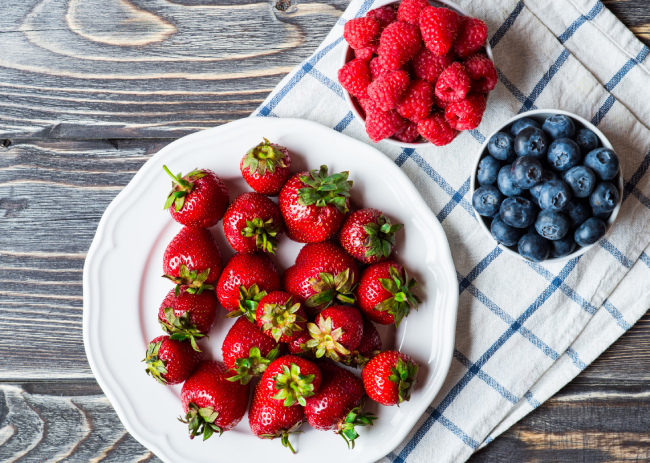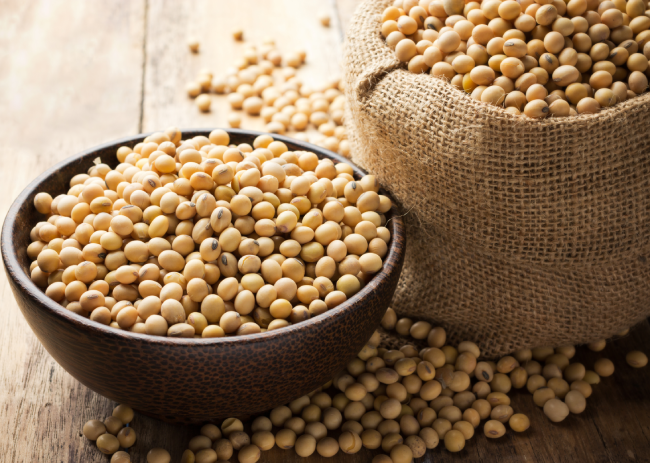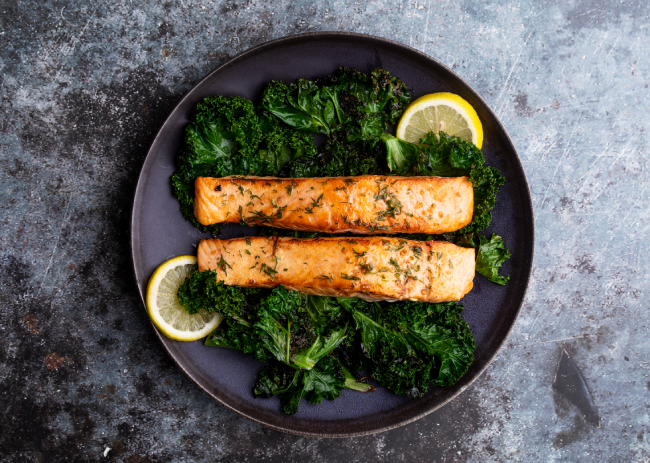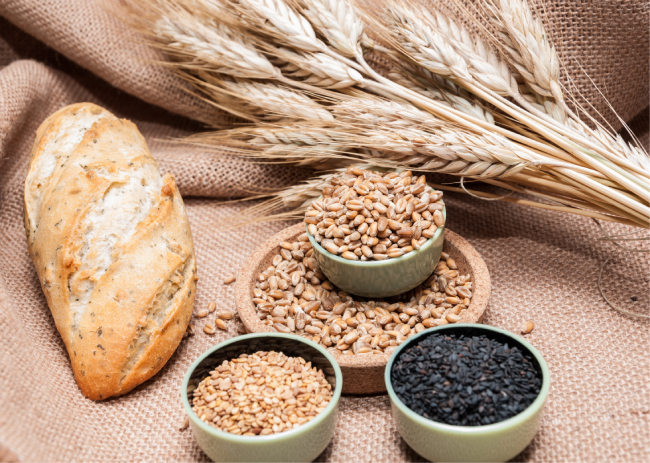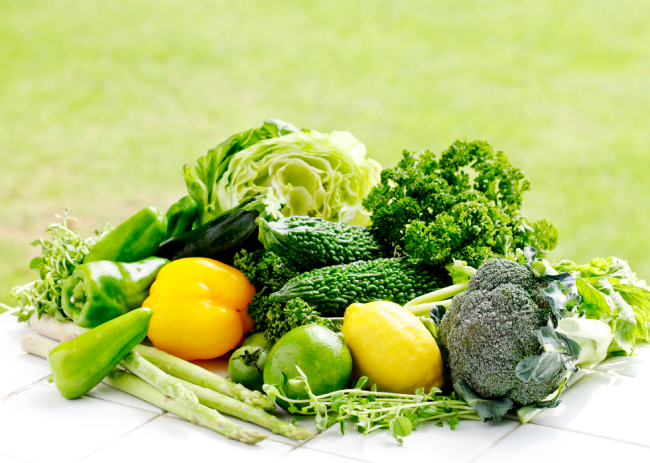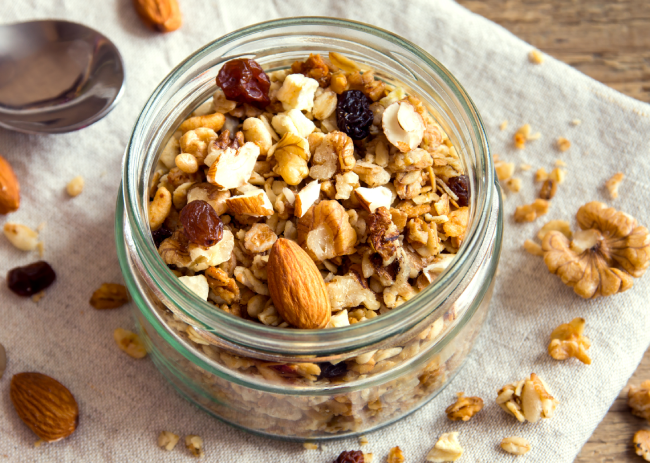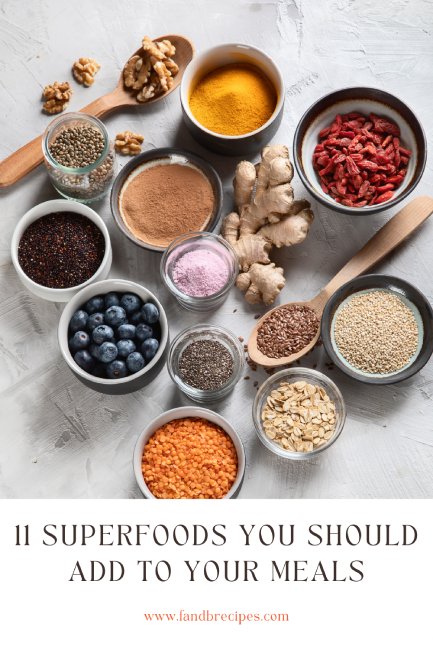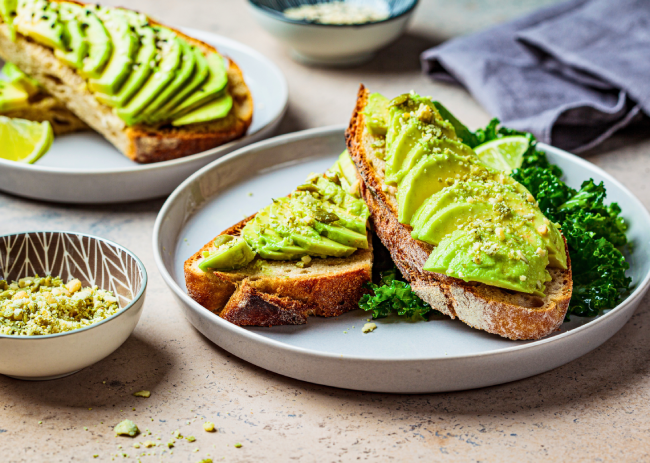11 Superfoods You Should Add To Your Meals
Superfood is an unpopular term that refers to nutrient-rich food that confers health benefits. There is no standard or legal definition of a superfood but the food is often promoted to superfoods status if it provides a high level of desirable nutrients or can help in the treatment of a particular disease or health condition. It tends to provide maximum nutrients and minimum calories.
Initially, in the late 20th and 21st centuries, the term was used as a marketing tool to sell food items promising enhanced health benefits. However, in 2007, the European Union prohibited the use of the term superfood unless accompanied by an authorized claim supported by scientific research.
People tend to have unrealistic expectations of superfoods but it is only beneficial when consumed along with a balanced and healthy diet.
#1. Berries
Berries are rich in fiber and flavonoids and are high in antioxidants and disease-fighting nutrients. They have been shown to lower the risk of heart attacks and promote weight loss. This superfood is loaded with nutrients and is a tasty food that can be included in the daily diet.
A handful of blueberries, tart cherries, cranberries, and raspberries is all that you need.
#2. Soy
Soybeans have a high level of isoflavones, a type of phytochemical ( i.e. a compound that naturally occurs in plants). Studies have shown that soy isoflavones increase bone mineral density during menopause in women and also help reduce the bad cholesterol in the blood, lowering blood pressure and blood sugar. Soy can be taken in the form of soy milk and soya beans.
#3. Fish
Fish is known to provide high protein content that helps in muscle build-up, and weight gain and is also a rich source of omega-3 fatty acids that help in preventing heart diseases such as reducing cholesterol, irregular or abnormal heartbeat and slowing the growth of arterial plaque. Salmon and trout have the highest omega-3 fatty acids.
#4. Dark Chocolate
Researchers have found that dark chocolate is rich in flavonoids which show antioxidant properties, prevent heart disease, boost the immune system and is also known to work as a mood stabilizer. The ingredient responsible for these benefits is cocoa powder. However, it should be kept in mind that dark chocolate consists of other ingredients such as sugar that might decrease these benefits.
#5. Sesame seeds
These seeds are an excellent source of calcium. It helps in increasing bone density for stronger bones. These can be included in the daily diet by simply adding a bit in stirred fried vegetables, or in the form of oil or tahini.
#6. Leafy Greens
Dark green leafy vegetables are a good source of Vitamin A, Vitamin C as well as several phytochemicals. These can be added to the diet by adding fiber to the daily diet. These are known to prevent constipation and help with the healthy functioning of the digestive tract.
#7. Nuts
Almonds, hazelnuts, and walnuts are good sources of protein. It helps in reducing the risk of heart disease due to the presence of monosaturated fats. These can be included in the diet by adding to smoothies, desserts, cereals, and yoghurt.
#8. Tea
Tea is a good source of antioxidants and helps with hydration along with few or zero calories. Green tea consists of antioxidants that have anti-carcinogenic and anti-inflammatory properties. Studies have shown that the consumption of tea helps in reducing stress levels.
#9. Yoghurt
Yoghurt is an excellent source of protein and calcium. It contains the good bacteria known as probiotics that help in maintaining a healthy gut. Yoghurt helps in digestion thereby maintaining the normal and healthy functioning of the digestive system.
#10. Tomatoes
Tomatoes are rich in vitamin C, and lycopene and have antioxidant properties. These components are known to reduce the risk of prostate cancer. The addition of tomatoes to the diet also gives glowing skin. It can be included in the form of sauce or soup and can be consumed even in raw form.
#11. Olive Oil
Olive oil is rich in Vitamin E and monosaturated fatty acids that reduce the risk of heart diseases. It can be used as a replacement for butter and other oils while cooking or can be drizzled over the vegetables in the salad.
In Conclusion
These superfoods can be included in the daily diet whenever possible. People often chose to use supplements in their diets in order to meet the daily nutritional intake of the body. In the long run, these synthetic nutrients affect the body in a negative manner.
Such people can easily switch to these superfoods to meet their daily demands rather than a diet that harms their bodies. Along with the treatment of disease conditions, these superfoods can help to meet the nutritional deficiency of nutrients that can help in the fast recovery.


